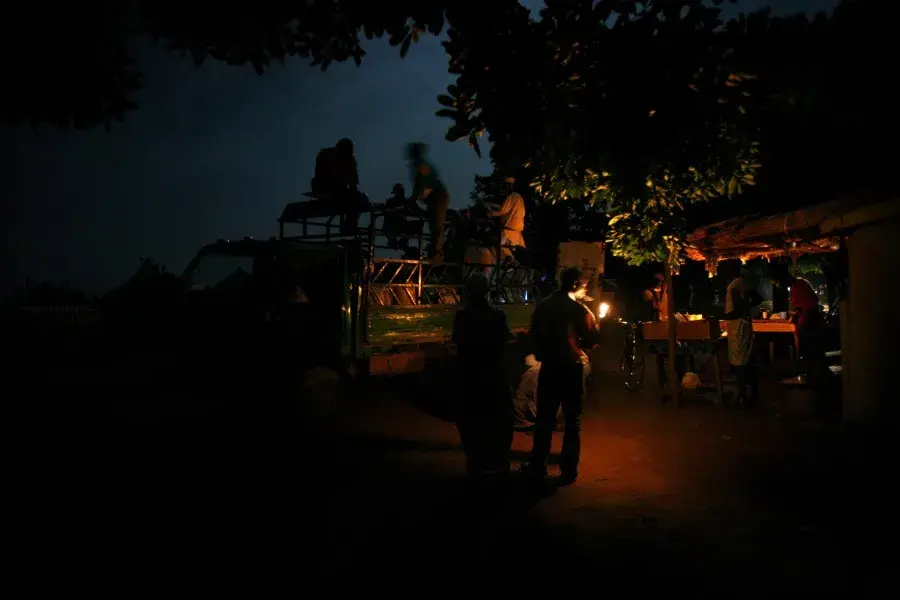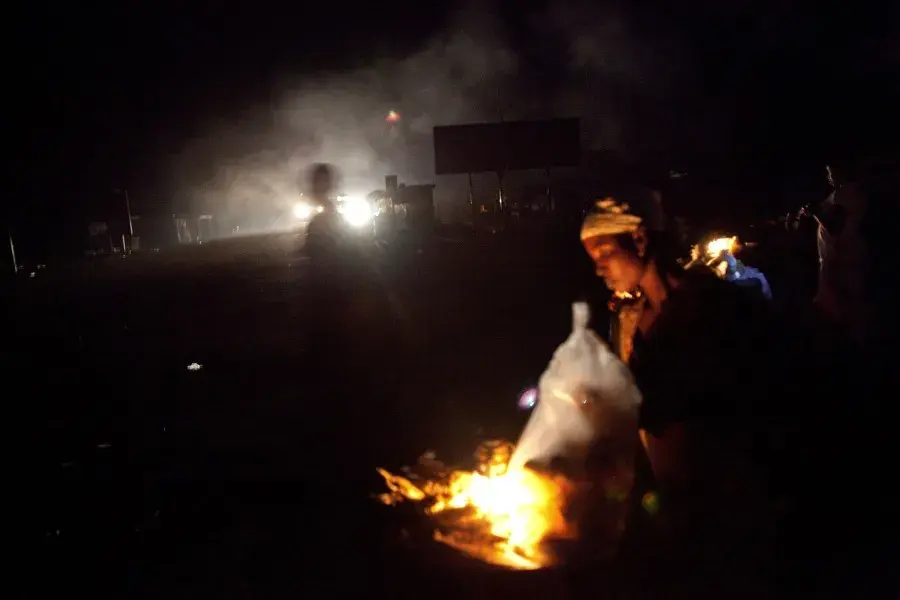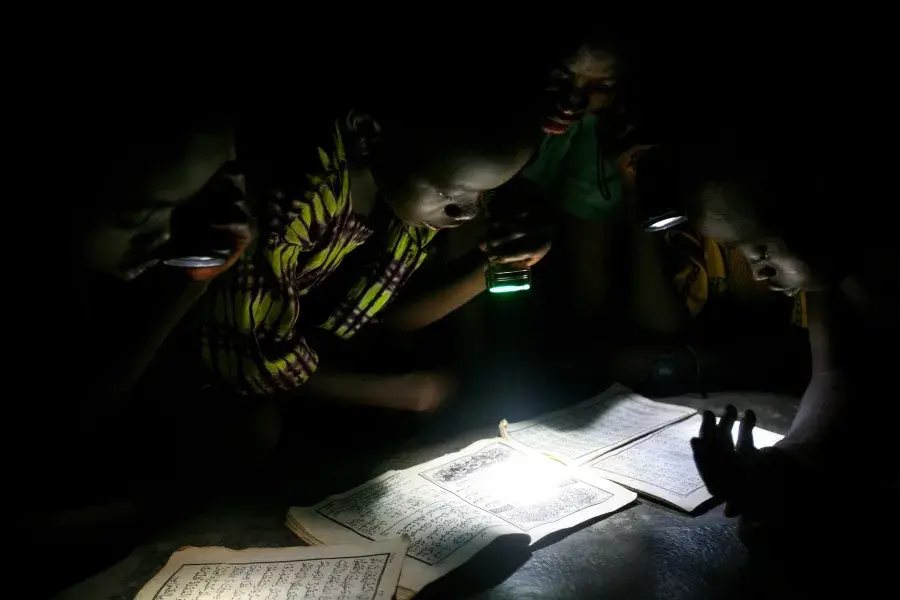Earth Hour
On the evening of Saturday, March 29, people around the world are being asked by campaigners to switch off the lights for an hour to observe "Earth Hour". Professor Bjorn Lomborg says this gesture will do little to help the planet, and gives people the wrong impression about how to address climate issues.
Global warming is a real problem, but Earth Hour is not the answer. Taken to its logical conclusion, if switching the lights off for one hour is a good idea, why not for all the other 8,759 hours of the year?
Electricity, and affordable, plentiful energy, is the lifeblood of modern civilization and prosperity. If you do switch off the lights, do it in solidarity with the 1.3 billion people in the world who live in cold and misery because they lack access to electricity. Do it to celebrate the benefits of innovation and technology.
Fundamentally, cutting emissions in the short run is no easy task. Today, green energy is too costly to be a viable solution. Real breakthroughs in energy technology will only come with more investment in research and development.
Every night, 1.3 billion people across the developing world will continue to live without electricity as they do every other night of the year.
Photo courtesy of Peter DiCampo

Three billion people still burn dung, twigs, and other traditional fuels indoors to cook and keep warm. These fuels give off noxious fumes that kill an estimated 3.5 million people each year, mostly women and children.
Photo courtesy of Peter DiCampo

Electric power really has brought near innumerable benefits to mankind. It has brought reading lights and refrigerators that keep food from spoiling. It has brought power to agriculture and industry.
Instead of turning off the lights for everyone, let’s focus on finding bright solutions that can actually make a difference for both the climate and the poor.Photo courtesy of Peter DiCampo

